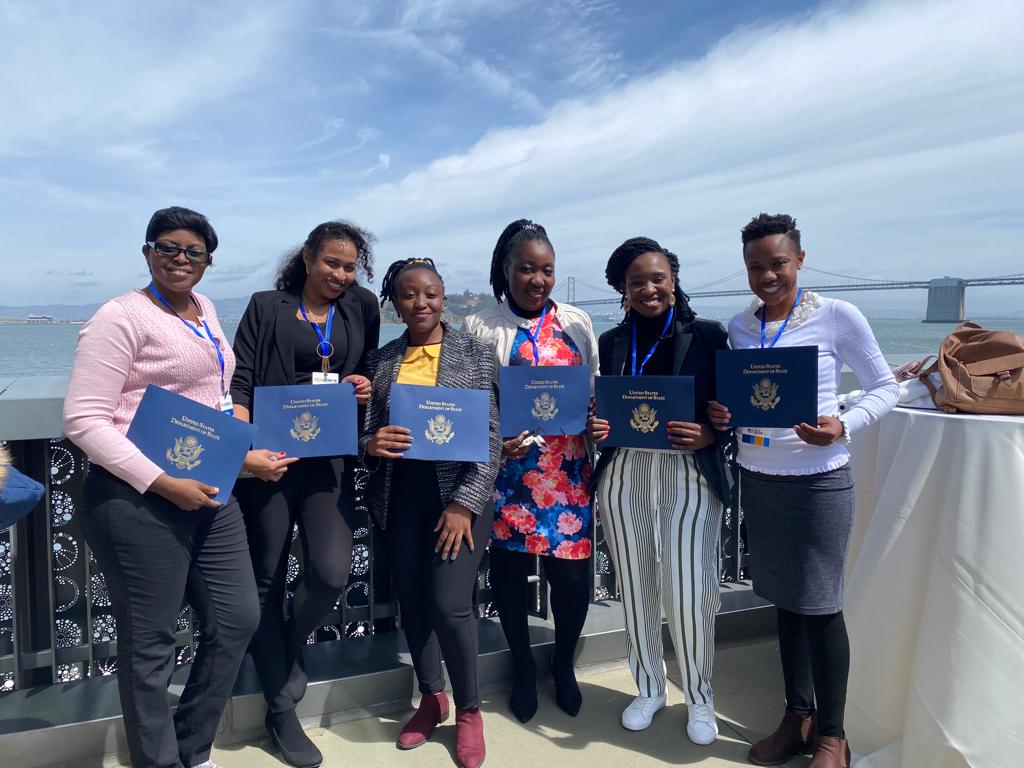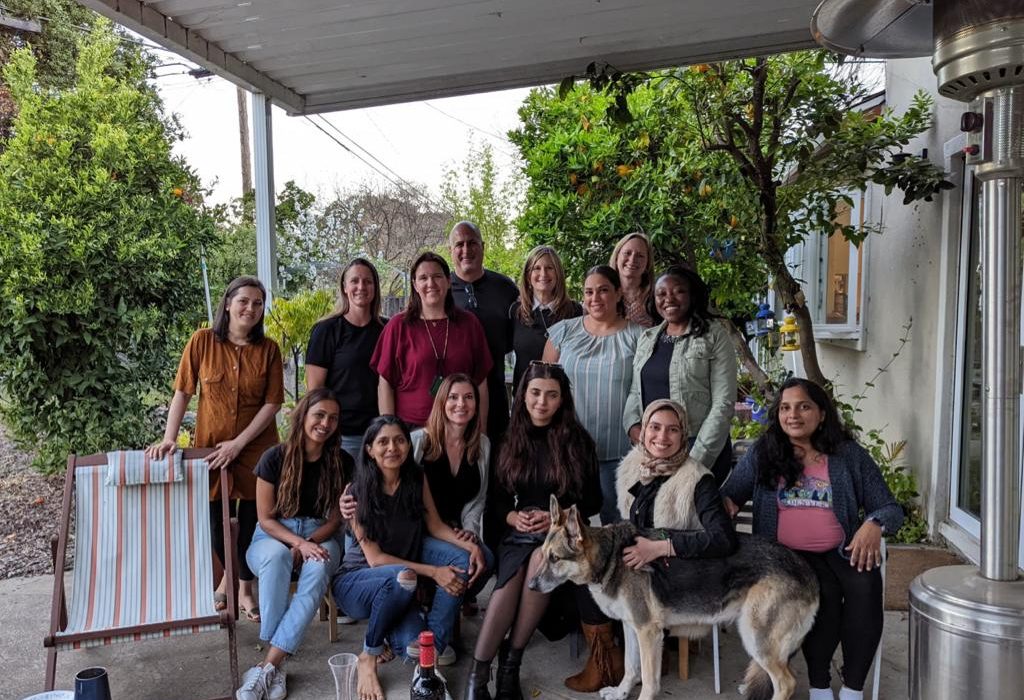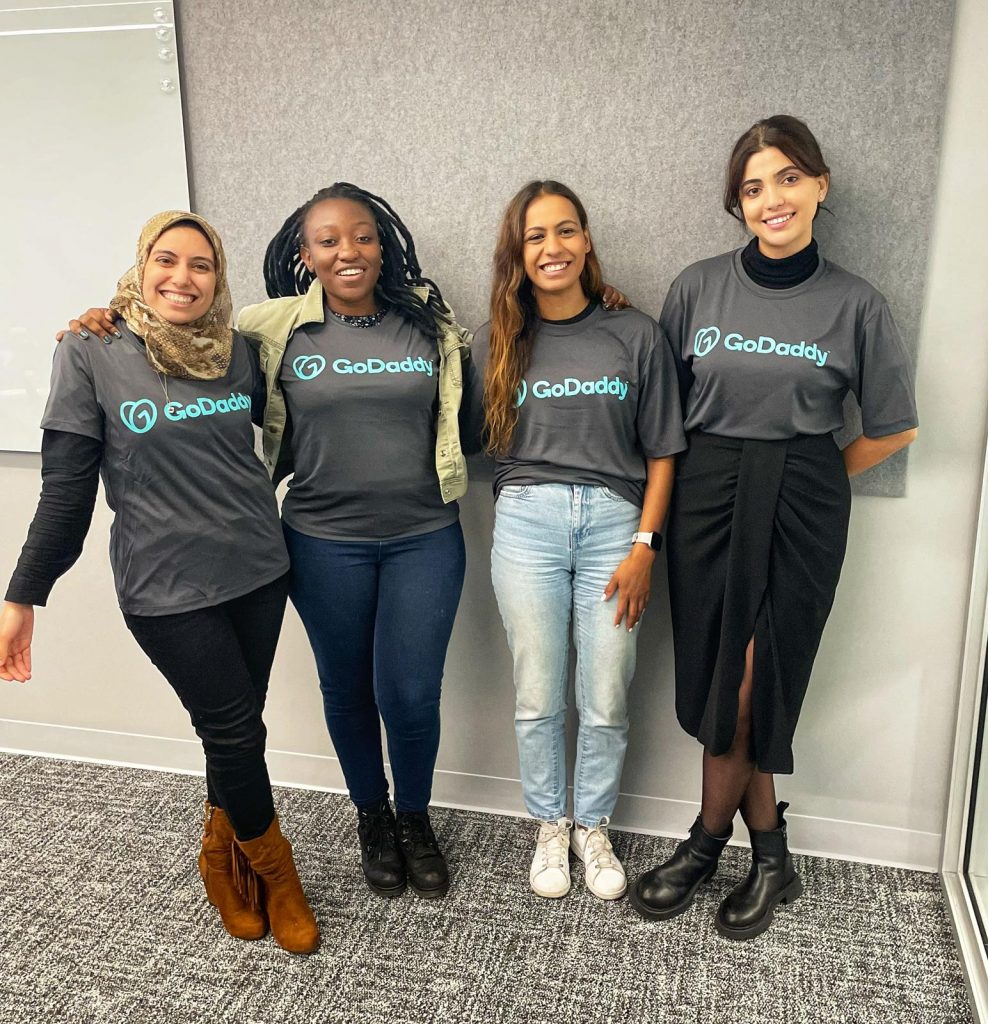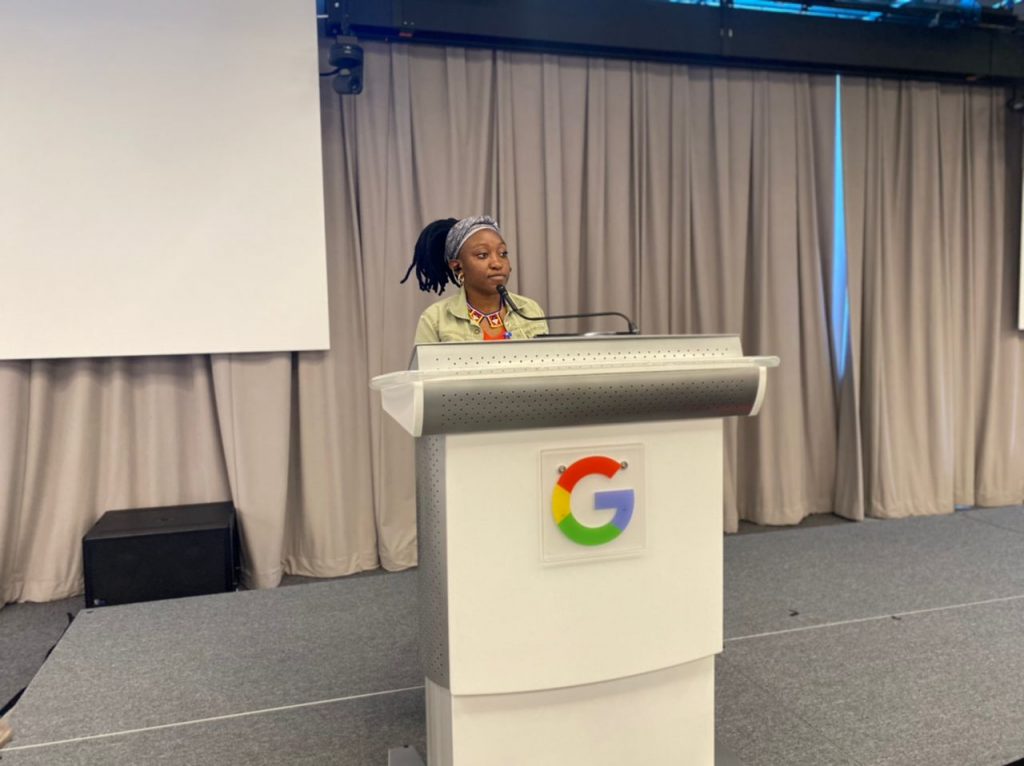
How did it feel being among other women pursuing STEM-related careers?

By challenges, might you be referring to racism?
Oh No, there was no racism whatsoever but the cultural differences slowed us down. Inherently people in Sub-Saharan Africa have the same traits which differ from people in the Middle East. Hence we took longer to reach the same understanding mainly because of language barriers.
Another challenge was some people did not know when to step up and when to step back. For example, during the question and answer sessions, one person could take up three-quarters of that time continuously asking instead of allowing other people to voice their questions.
How did you feel about that?
How did you handle all the trip expenses?
Explain the relationship you had with your mentors when you got to California.

What was the strategy you had as a team?
Can you talk about the impact project that team Zimbabwe presented?
Where are you setting up the first system?
When is it kickstarting?
Does this mean the team is all set and has the money to do it?
Does TechWomen help you crowdfund?

How are you assigned to the impact project?
As a group, we all have diverse skills, I am in technology. We have a lady who does agriculture, another who is a chemist, one who is in innovation management, a lecturer, and; one who is a data scientist.
Can you comfortably go back to your mentors to ask for assistance?
Did the program meet your expectations?
